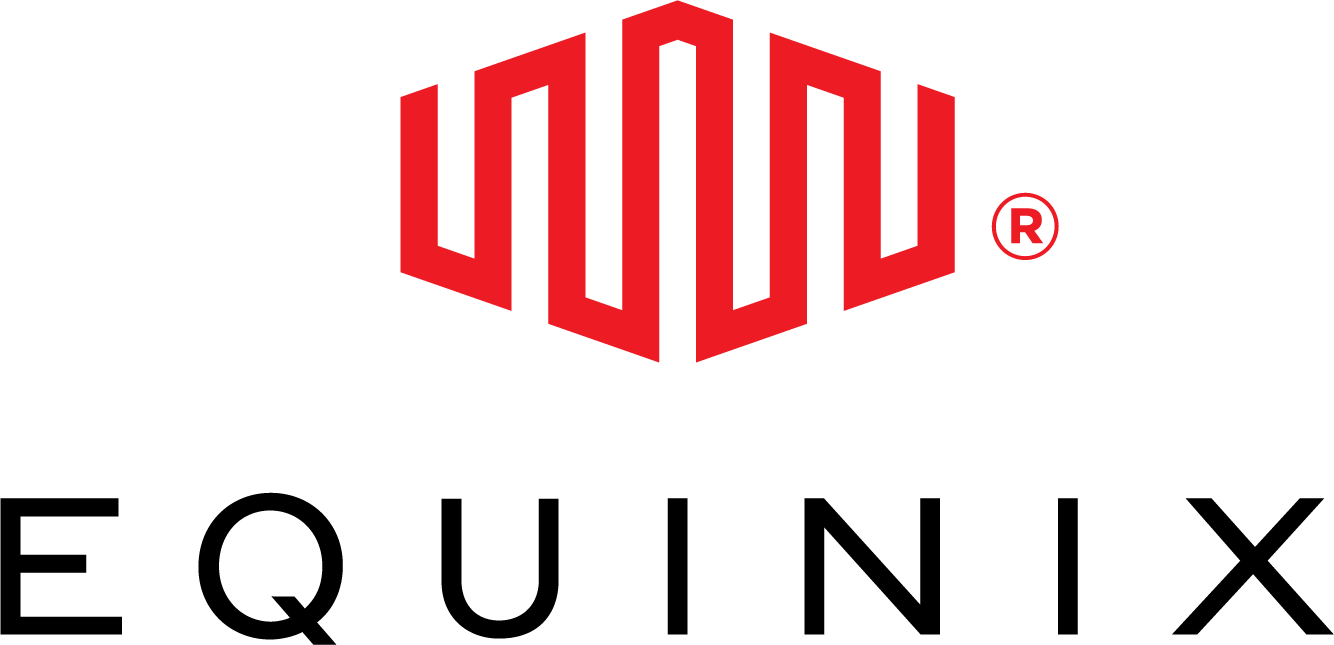Network Infrastructure
Since implementing new wireless technology, the health system has seen troubleshooting calls about connection and speed problems virtually disappear.
The companies say healthcare customers can use their tools to improve the availability of critical equipment.
Execs say the acquisition will allow members to offer new services to their clients, such as strong credentials that can be used for signing documents and authenticating to systems, including with federal agencies.
This month also marks the start of Serco's extended-term contract to deliver non-clinical and support services to the hospital.
The app has been getting nearly 1,000 downloads a week since launching in April. It's the new digital front door for the health system.
HIMSS21
At HIMSS21, Celona CTO Mehmet Yavuz explained some of the benefits of this up-and-coming connectivity technology.
The initiative will support SMEs in the health, care and wellbeing sectors.
HIMSS21 Digital
Panelists from the U.K., Canada and the U.S. weighed in at a HIMSS21 Global Conference Digital session about best practices and lessons learned from the crisis so far.
Meanwhile, Ohio-based Memorial Health System struggles to get back online after a ransomware attack.
SPONSORED
An eBook developed by Equinix and HIMSS examines evolving healthcare needs under the "new normal".








